Find out the correct option regarding following organisms, Fasciola, Ascaris, Nereis, Periplaneta :-
Except Fasciola, rest all have a complete digestive system
Ascaris and Nereis have internal fertilisation
Except Ascaris all others show metamerism
Periplaneta has compound eyes rest others have simple eyes
The correct Answer is:A
To solve the question regarding the organisms Fasciola, Ascaris, Nereis, and Periplaneta, we will analyze each organism based on the options provided.
1. Identify the Organisms:
- Fasciola: A genus of parasitic flatworms, commonly known as liver flukes.
- Ascaris: A genus of parasitic roundworms, commonly known as intestinal roundworms.
- Nereis: A genus of polychaete worms, commonly known as ragworms.
- Periplaneta: A genus that includes the American cockroach.
2. Analyze the Digestive Systems:
- Fasciola: It has an incomplete digestive system. It has a mouth, pharynx, esophagus, and intestine, but does not have an anus.
- Ascaris: It has a complete digestive system with a mouth and anus.
- Nereis: It also has a complete digestive system.
- Periplaneta: It has a complete digestive system.
Conclusion: Except for Fasciola, all the other organisms (Ascaris, Nereis, and Periplaneta) have a complete digestive system.
3. Evaluate Fertilization Methods:
- Ascaris: Internal fertilization occurs in Ascaris.
- Nereis: External fertilization occurs in Nereis.
Conclusion: The statement that Ascaris and Nereis have internal fertilization is incorrect.
4. Examine Metamerism:
- Fasciola: Not metameric.
- Ascaris: Not metameric.
- Nereis: Exhibits metamerism (segmentation).
- Periplaneta: Exhibits metamerism (segmentation).
Conclusion: The statement that except for Ascaris, all other organisms show metamerism is incorrect.
5. Check Eye Types:
- Fasciola: Lacks eyes.
- Ascaris: Lacks eyes.
- Nereis: Possesses simple eyes.
- Periplaneta: Has compound eyes.
Conclusion: The statement that Periplaneta has compound eyes while the others have simple eyes is incorrect.
Final Answer:
The correct option regarding the organisms is that except Fasciola, the rest all have a complete digestive system.
- Fasciola: A genus of parasitic flatworms, commonly known as liver flukes.
- Ascaris: A genus of parasitic roundworms, commonly known as intestinal roundworms.
- Nereis: A genus of polychaete worms, commonly known as ragworms.
- Periplaneta: A genus that includes the American cockroach.
- Fasciola: It has an incomplete digestive system. It has a mouth, pharynx, esophagus, and intestine, but does not have an anus.
- Ascaris: It has a complete digestive system with a mouth and anus.
- Nereis: It also has a complete digestive system.
- Periplaneta: It has a complete digestive system.
- Ascaris: Internal fertilization occurs in Ascaris.
- Nereis: External fertilization occurs in Nereis.
- Fasciola: Not metameric.
- Ascaris: Not metameric.
- Nereis: Exhibits metamerism (segmentation).
- Periplaneta: Exhibits metamerism (segmentation).
- Fasciola: Lacks eyes.
- Ascaris: Lacks eyes.
- Nereis: Possesses simple eyes.
- Periplaneta: Has compound eyes.
The correct option regarding the organisms is that except Fasciola, the rest all have a complete digestive system.
Topper's Solved these Questions
- ANIMAL KINGDOMBOOK - MOTIONCHAPTER - ANIMAL KINGDOMEXERCISE - EXERCISE (AIIMS | Assertion & Reason Questions) AIIMS – 2013
1 Videos
- ANATOMY OF FLOWERING PLANTSBOOK - MOTIONCHAPTER - ANATOMY OF FLOWERING PLANTSEXERCISE - Excercise - 4 AIIMS | Assertion & Reason Questions
34 Videos
- BIOLOGICAL CLASSIFICATIONBOOK - MOTIONCHAPTER - BIOLOGICAL CLASSIFICATIONEXERCISE - CHECK YOUR CONCEPTS-4
13 Videos
Similar Questions
Knowledge Check
Find the out the correct option
AAmong animals, insects, particularly bees are the dominant biotic pollinating agentsBOften flowers of animal- pollinated plants are specialy adapted for particular species of animalsCIn some species floral rewards like edible nectar, pollen grains, shetter for egg laying are given to pollinating animalsDAllFind out the correct option (s) :
A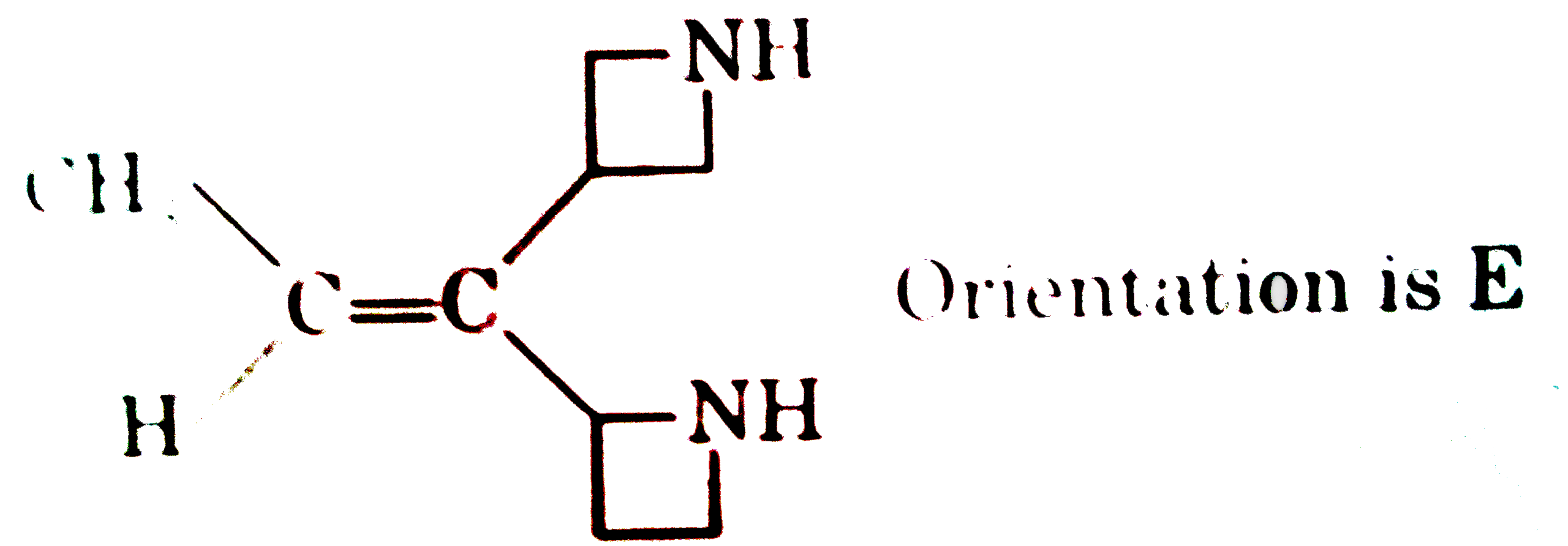 B
B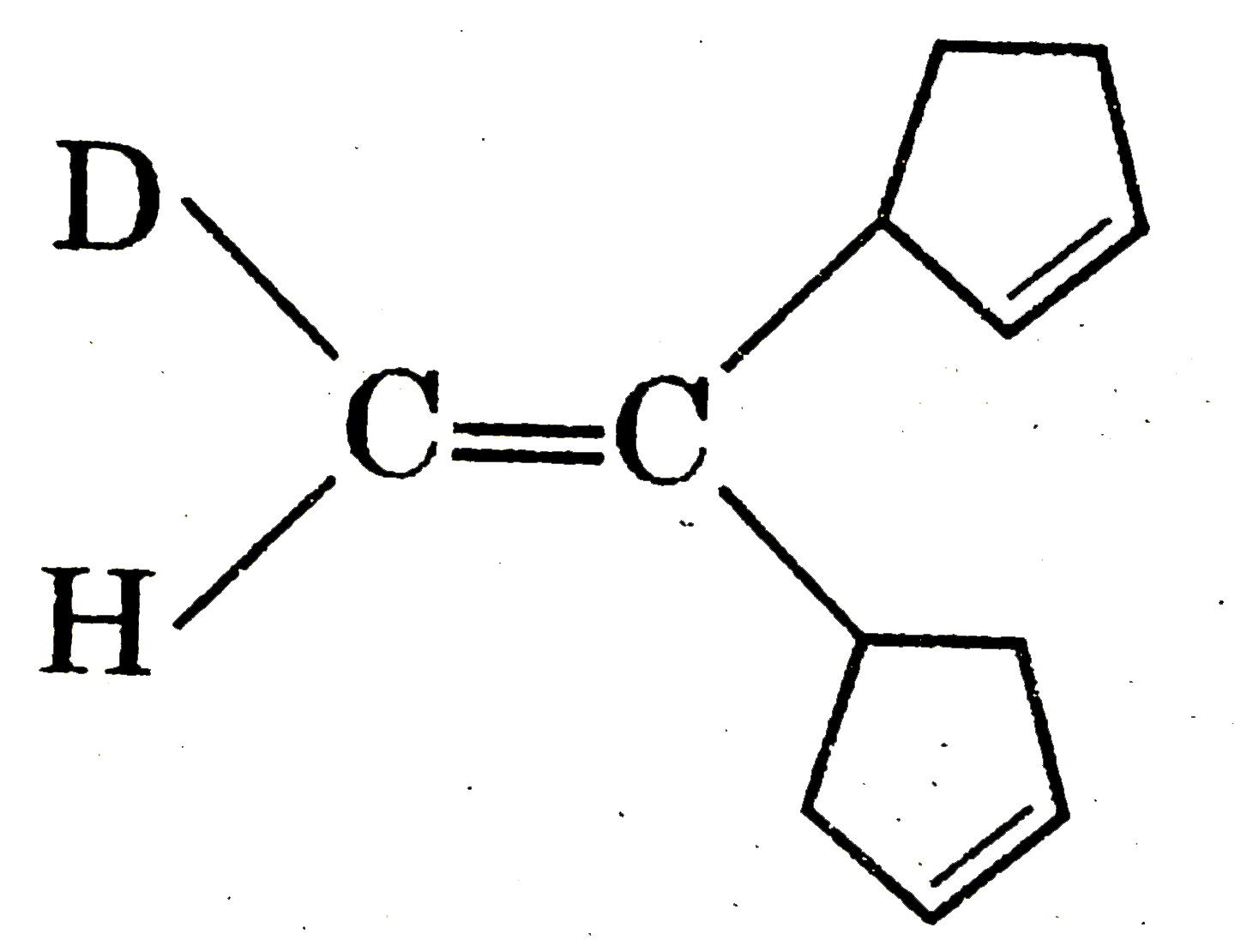 C
C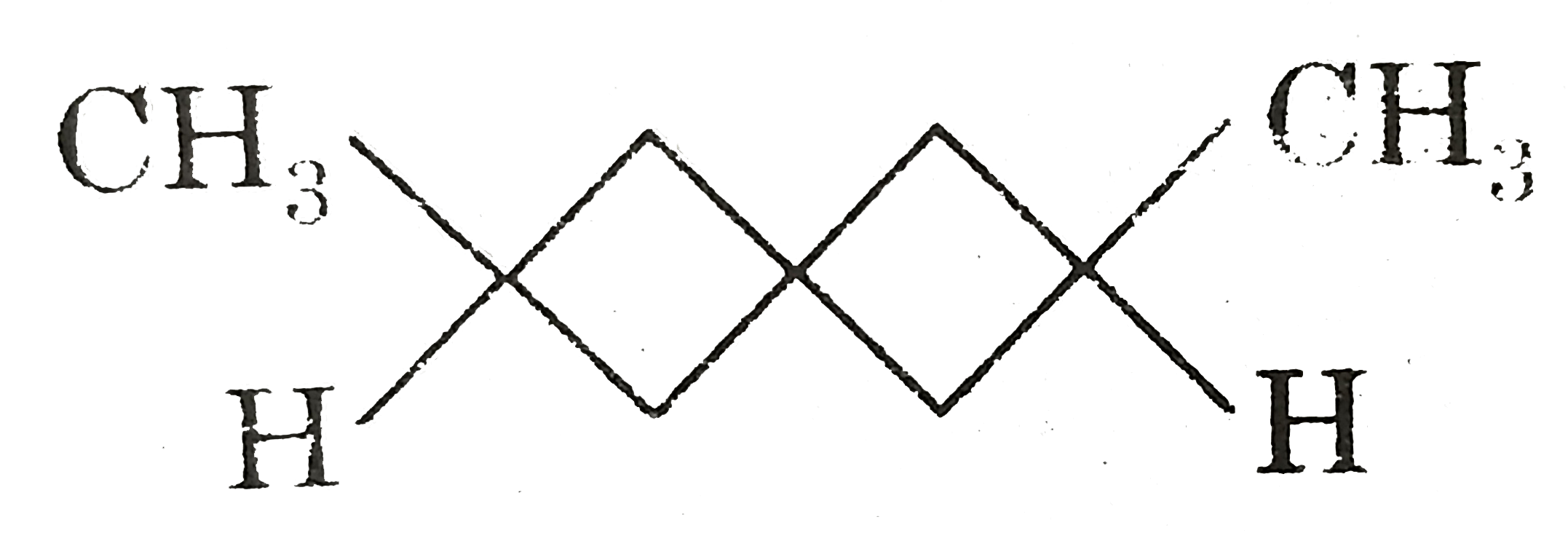 D
D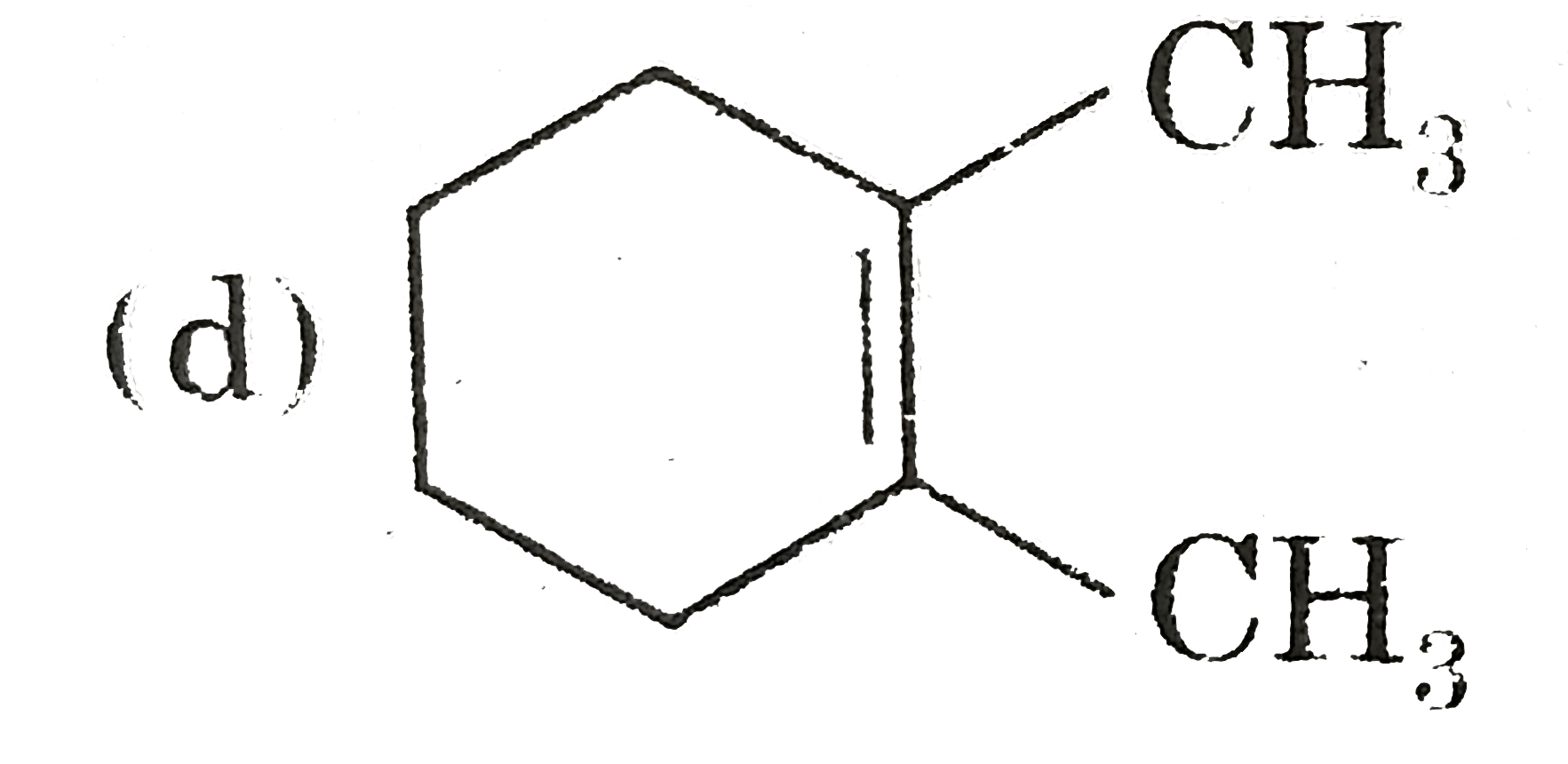
Find the correct statement regarding following molecules.
 AI,II and III are mesoBII and III are enantiomersCI and IV are diastereomersDIII and IV are diastereomers
AI,II and III are mesoBII and III are enantiomersCI and IV are diastereomersDIII and IV are diastereomers
Find out the correct .option on the basis following diagrams
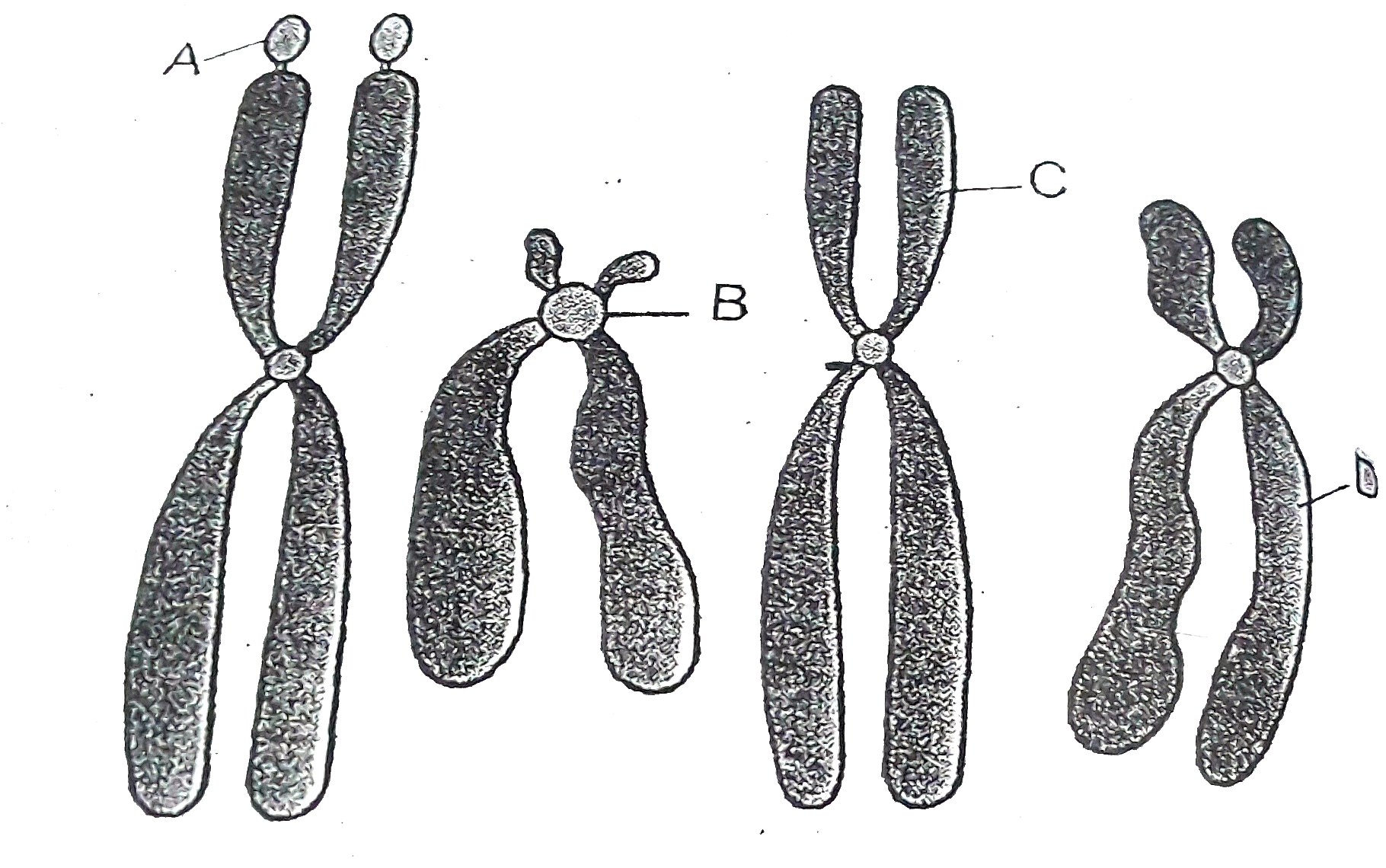
View SolutionFind out the incorrect match in following options?
View SolutionChoose the correct option regarding Retrovirus
View SolutionThe correct option regarding size of orbitals is :
View SolutionChoose the correct option regarding retrovirus
View Solution
